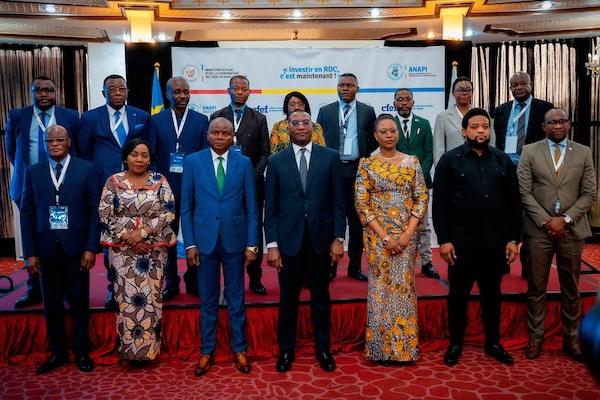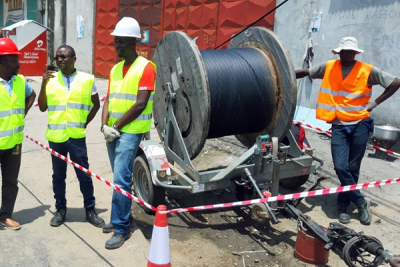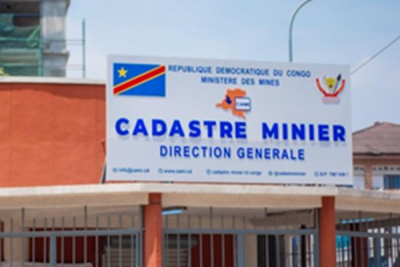The Democratic Republic of Congo (DRC) launched a review of its investment code. The process is being led by the National Investment Promotion Agency (ANAPI) in partnership with the Fragile States Facility (FSF) and the African Development Bank (AfDB). The review opened in Kinshasa on Nov. 11 and ended on Nov. 13, and was officially launched by Planning and Development Aid Coordination Minister Guylain Nyembo. Its aim is to modernize the legal framework and make the country more attractive to investors.
Adopted in 2002, the current investment code is now seen as hindering investor interest. According to ANAPI Director General Rachel Pungu, the code is weighed down by burdensome administrative procedures, unclear tax incentives and weak legal clarity and investment protection. The revision seeks to make the code more competitive within the region and to promote investment that creates jobs and generates wealth by strengthening legal and judicial security in business practices.
Pungu also noted that the code was drafted when the country still had 11 provinces and no longer reflects the current administrative structure of 26 provinces, which limits its scope. She added that the code contains poorly defined eligibility criteria for tax benefits, including a 35 percent value-added requirement with no clear justification, and lacks financial benchmarks to assess project profitability.
The complex approval process and the code’s narrow scope are also seen as obstacles, especially as competition intensifies within the African Continental Free Trade Area (AfCFTA), the Common Market for Eastern and Southern Africa (COMESA) and the Southern African Development Community (SADC). Limited investment in key sectors such as agriculture, together with a patchwork of tax exemption schemes, has further contributed to the code becoming outdated.
The review also includes the development of a national business climate policy and a national investment policy. These tools are intended to provide a long-term framework for improving the business environment and encouraging investment across the entire country.
Youmann Consulting Group, commissioned by the FSF, is providing technical support and is expected to deliver three documents by the end of the year: a revised investment code, a national business climate policy and a national investment policy. These documents will then be submitted to the government for validation before their final adoption.
Ronsard Luabeya










